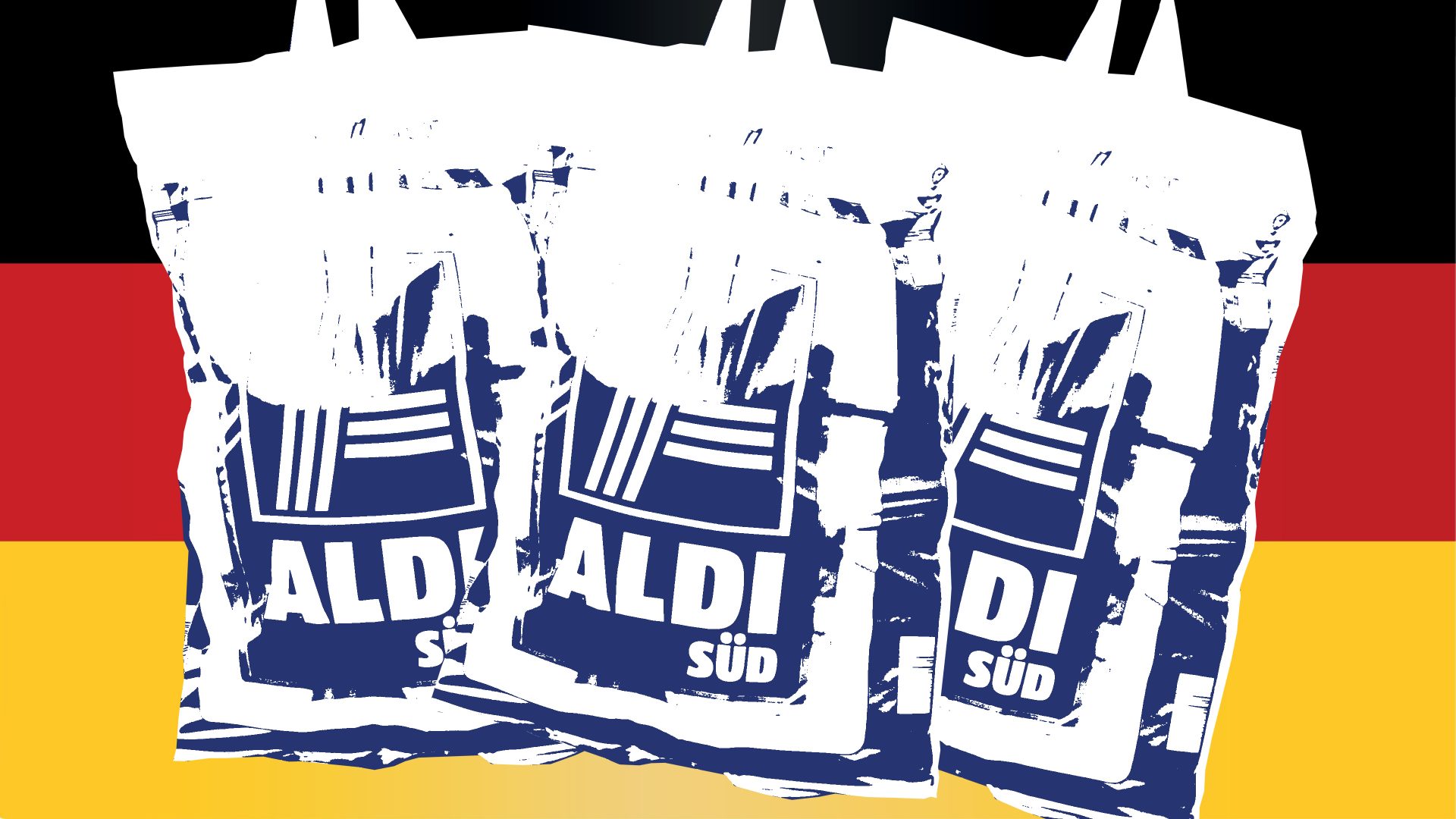Currently, I find it hard to turn my attention away from criminally rich Russians in Londongrad, their Instagrammable daughters, yachts, football clubs and mansions. But it is worth mentioning there are legal and peaceful ways to expand an empire. Just look at the two German brands that have invaded Britain: Aldi and Lidl. The only brutal thing about their expansion is the cut-price competition.
With Rewe Group they are Europe’s top three retailers (Tesco is No 4). Globally, Lidl only comes second to Walmart. Aldi ranks fifth. They are the two most successful discount markets in the world. The crises fuelling inflation and squeezing household budgets will boost them even further. Their market share in Britain and elsewhere is ww rising.
Unsurprisingly, the owners of Aldi and Lidl top the German rich list. Billionaires you may never have heard of: Aldi (short for Albrecht Diskont) was founded by the brothers Karl and Theo Albrecht. After a disagreement in 1961 about whether or not to sell cigarettes they evenly divided their business into two linked but independent companies.
In his final years, Karl’s wealth allegedly rose by €500,000 (£420,000) – per hour. Their heirs (running tax-optimised family trusts) are worth €32.2bn (£27bn). Dieter Schwarz, the man behind Lidl, is estimated to be worth €40bn (£33bn).
Aldi and Lidl have more in common than a constant battle about who is the cheapest of all. The reticent discount kings and their families are quite literally “hidden champions”: they are better concealed than the Yeti, Nessie and Boris Johnson’s governing skills.
Apart from his first (and last) interview shortly before his death in 2014, Karl Albrecht never spoke to the press. Nor did Theo. Schwarz, the richest German, still doesn’t.
The 82-year-old philanthropist walks around his south-western hometown of Heilbronn undetected. The local newspaper will not publish pictures of him. Fear apparently is the main reason for the secrecy. The younger Aldi brother, Theo, was abducted in 1971 for 17 days and released for a ransom of seven million Deutschmark – the equivalent of about £10.5million today. Half the sum remained lost after the abductors were caught. Theo then sued the financial authorities, wanting to declare the money as an “operating expenditure” to make it tax-deductible.
He lost. But this kind of thriftiness helped Aldi and Lidl’s success. Legend has it that Aldi managers kept pencil stubs to use when the boss arrived.
If you enter Aldi or Lidl, you see their art of less is more: they concentrate on a few (between 1,200 and 1,600), fast-moving, quality items, sold in huge numbers to cut both the purchase price and logistical costs. Instead of five detergents, you’ll find one product only, two max. The Waitrose or Sainsbury’s assortment is up to 10 times bigger.
Aldi and Lidl use their own brands, often made by well-known manufacturers and re-labelled: the discounters don’t want brand loyalty but shop loyalty; they try to create a “no better value for money than here” belief. It works, even for well-off customers.
Until the late 1980s, if you wanted your kid to be bullied, you gave them an Aldi bag. Gradually, however, you’d hear apologetic housewives saying: “It’s Aldi, true, but did you read that the olive oil / champagne / red wine came first in the latest product test?”
Aldi claims it offers a 15% discount regardless of the market. Critics and competitors say such prices are below any economic (or moral) rationale. And indeed, 600g pork chump chops for €1.99 have even less to do with animal welfare than barbecues do in the first place. Lately, under public pressure, they have pledged to improve sustainability. We’ll see.
Because they are family-owned, Aldi and Lidl do not have to disclose profitability and don’t answer to shareholders. They are also riskaverse. No bank loans, no experiments; innovation, yes, but not as first-movers. Things are about to change, though. Aldi Nord has just opened a new headquarters, and in an unparalleled move, even journalists were invited to have a look.
But while British supermarkets are already trailblazers in e-commerce, they are not. Aldi only introduced scanner tills this century. Before, the cashiers – on above-average pay – knew the price of every single product and ran through your groceries at record speed.
To keep up with Amazon etc, the German discounters now may have to learn from the UK. And they will: Aldi has just opened its first contact-free, sensor-operated trial store in Greenwich, south-east London.




